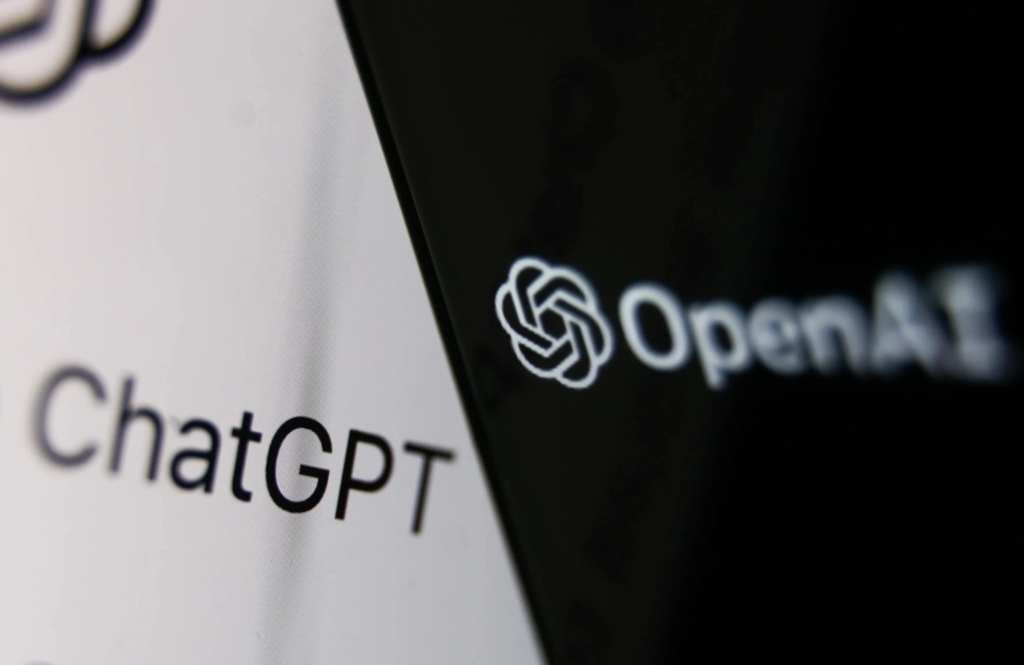
Executive education has undergone significant changes in the last 10 years, with technological advancements paving the way for new business models to emerge. No longer do learners have to go to instructors to receive their training, nor do the trainers have to go to learners. Online platforms make it possible for both learners and instructors to convene and interact from their own place, and at their own pace and time. Learners and instructors can now meet and interact asynchronously. Traditional market incumbents, including top-tier business schools like HBS, INSEAD, LBS, and NYU Stern, wasted no time leveraging the new technologies, creating virtual classrooms and video conferencing tools, and revolutionizing the way professionals can access and engage with educational content. New online learning platforms emerged, such as Coursera, Udacity, LinkedIn Learning, and many others, to offer flexible and cost-effective courses, catering to a wider audience.
Now the question on everyone’s mind is: How will GPT technology change executive and continuous education?
A major outcome of the digitalization of adult education in the past 10 years is the evolution of new learning styles, more specifically, self-paced and personalized learning. Self-paced learning allows learners to progress through the learning material at their own speed and on their own schedule. The actual curriculum, though, is provided to them on an off-the-shelf basis. Personalized learning, however, allows the instructor to customize the learning materials to fit a learner’s specific needs. This style of learning, according to one study, is growing at 28% a year. So far, the onus of customization has fallen on the instructor and their institution.
GPT WILL TAKE CUSTOMIZATION TO NEW LEVELS
Program and curriculum design represent a significant chunk of customized executive education fees. Whether it is an individual or a company, program design is a costly transactional cost that affects the supply and demand for executive education. Co-designing customized executive education programs is often a lengthy, iterative process that does not always result in effective design.
In fact, one of the main drawbacks of such co-design exercises is that too often, the actual stakeholders are not involved. Program participants from the client side and the faculty do not meet. Instead, so-called Learning and Development managers and sales directors from executive education provider institutions deliberate and negotiate on their behalf. As a result, these exercises tend to be inefficient and often result in less satisfactory training programs for participants.
YOU DESIGN IT, WE DELIVER IT
GPT can change all of that. The technology allows individuals to prompt the AI platform to design the required learning curriculum for their needs. GPT has the ability to cut the middleman, saving ample time and resources and creating highly customized, user-driven curricula. Instructors and faculty will look at the prompt’s results with the view to make any necessary adjustments and modifications. They could also use them to further develop the curriculum and the learning material. Learning and Development managers could ask candidates to use GPT to customise their own learning curriculum and then use an aggregate prompt to generate a synthesis curriculum that they can share with the tuition provider.
The future of customized executive education will be driven by the motto “You design it, we deliver it.” It is a form of Do It Yourself approach that will permeate many aspects of service delivery in the future. Executive education providers will have to take up the signals of change early on and begin already to offer “PromptCurricula,” that is, training programs customized by the learners themselves aided by GPT prompts. Education institutions may help improve the design by providing learners with a list of effective prompts to help them design their programs. Meanwhile, corporations will have to begin to make of use GPT to gain a better understanding of the actual learning needs of their workforce.
 Sami Mahroum is a Professor of Management Practice at Solvay Brussels School of Economics and Management. He is a former Senior Lecturer and Academic Director at INSEAD, and Adjunct Faculty at Emeritus and Headspring.
Sami Mahroum is a Professor of Management Practice at Solvay Brussels School of Economics and Management. He is a former Senior Lecturer and Academic Director at INSEAD, and Adjunct Faculty at Emeritus and Headspring.





Questions about this article? Email us or leave a comment below.